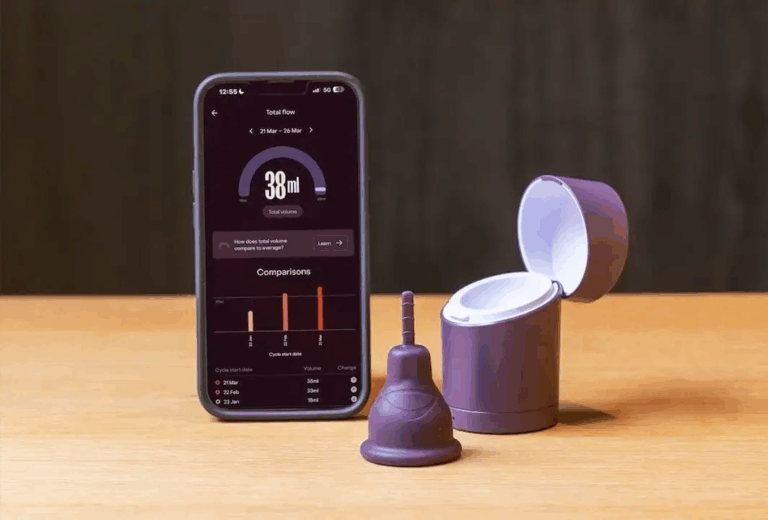Ophelia, a digital health startup focused on opioid recovery, secured $50M in a Series B led by Tiger Global.
Menlo Ventures, General Catalyst, Good Friends (a fund launched by founders of Warby Parker, Harry’s, and Allbirds), and PillPack founder Elliot Cohen also participated in the round.
Since launching in 2019, Ophelia has raised over $68M in funding.
Virtual Rehab
Leveraging digital health, Ophelia is breaking down barriers to medication-assisted treatment (MAT) for opioid use disorder (OUD).
Less than 5% of clinicians are licensed to prescribe opioid withdrawal medication. Going direct to patient, Ophelia removes reliance on hospital/primary care referrals, mobilizes unutilized clinicians, and facilitates access to part-time prescribers for the first time.
Next up, Ophelia plans to use the funding to expand across the US and build out its clinician recruitment, training, and support resources.
Dr. Drug Dealer
The gold-standard treatment, MAT has been proven to reduce OUD overdoses by up to 75%. Unfortunately, existing barriers make it costly, inefficient, and difficult to access.
For most patients, it’s easier to obtain their withdrawal medication from drug dealers than it is from doctors, a disparity that is causing a nationwide crisis:
- Drug and alcohol overdoses surged to record levels in 2021, eclipsing 100,000 deaths — a spike of more than 30% YoY.
- A costly plague, drug and alcohol use in the US causes a staggering $1.45T of economic loss and societal harm every year.
Now, founders and investors are pouring resources into virtual rehab, hoping to drive down costs and scale access.
- Workit Health notched a $118M Series C in October to expand its virtual therapy services for substance use disorder and MAT.
- Wayspring (previously axialHealthcare) secured $75M in September, rebranding and shifting its focus from data analytics to deployment of at-home addiction treatment services.
- Earlier this year, digital addiction clinic Quit Genius raised $64M and alcohol use disorder startup Monument raised $10.3M.
Punchline: As the COVID-19 pandemic stretches on, drug and alcohol abuse—and the lack of proper treatment—is contributing to a shadow epidemic that is worsening every year. Tackling addiction, virtual rehab startups are gaining traction as telehealth reduces the friction for people to access the help they desperately need.






